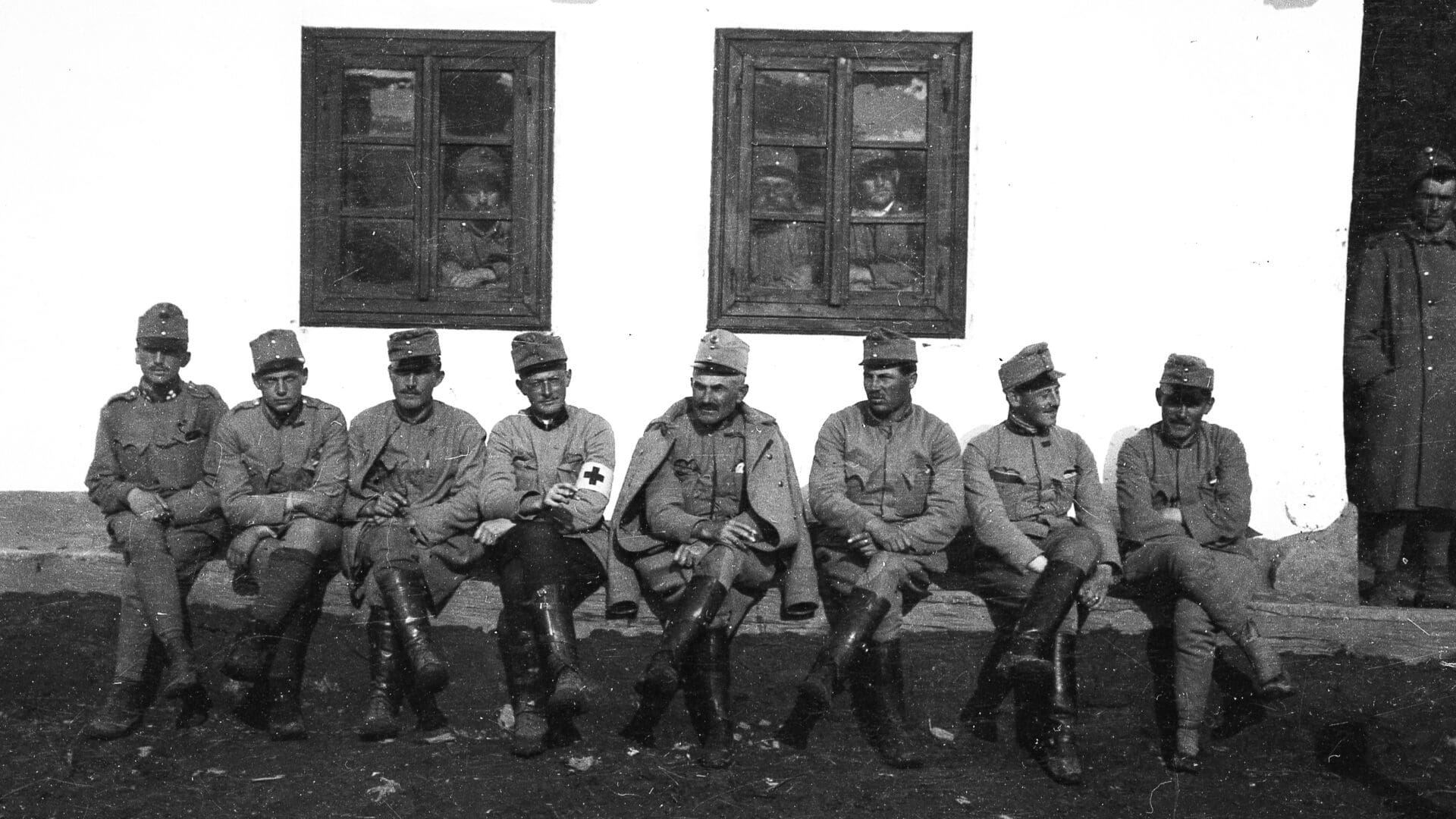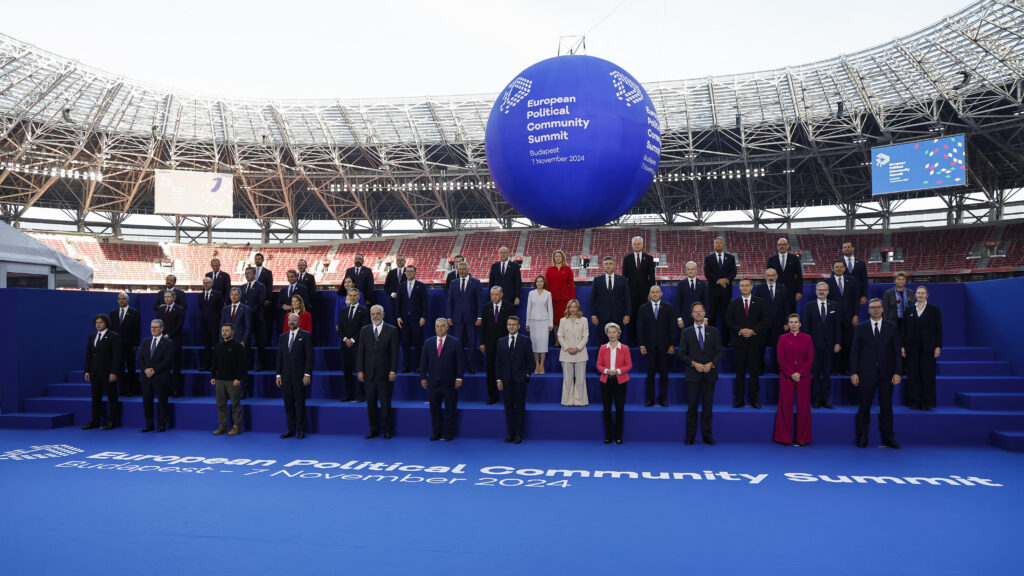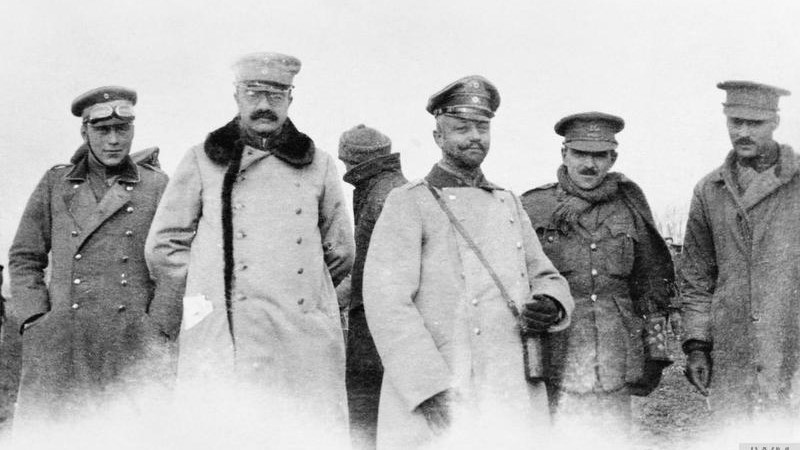Exactly 109 years ago to the day, one month after the heir to the Austro–Hungarian throne, Archduke Franz Ferdinand and his wife were assassinated by a Serbian radical in Bosnia, Austro—Hungary declared war on Serbia. Thus began the First World War, which—as we have already explained—few saw at the time as the beginning of a four-year-long carousel of endless bloodletting. In fact, many leaders thought that it would be a quickly resolvable regional conflict, and Hungarian troops left the country singing songs promising to return before the leaves would fall. The conflict did, in fact, end in the autumn—four years and millions of dead bodies later.
The text of the declaration, signed by the common minister of Austro–Hungary, read:
‘As the Royal Government of Serbia has failed to reply satisfactorily to the note which the Ambassador of Austria and Hungary had sent to Belgrade on 23 July 1914 the Imperial and Royal Government is compelled to take care of the defence of its rights and interests itself, and to this end resorts to the use of arms. Austria and Hungary therefore consider themselves from this moment on in a state of war with Serbia.’ It was signed by the common foreign minister of Austro-Hungary.
Why was the declaration of war important? From one aspect, the
declaration of war was a strict legal matter,
which was regulated by Article 3 of the Second Hague Convention of 1907 on wars and other hostilities. This contract—signed by Austro–Hungary as well—prohibited acts of hostilities until the enemy had been notified beyond reasonable doubt that a state of war had been declared. This could take the form of a direct (declaration of war) or conditional (ultimatum) declaration.
At other times, however, major powers acted without honouring this formal responsibility. The first actual act of war in WWII was not preceded by a declaration of war: Nazi Germany invaded Poland without one. Others did not act on their own declarations (at least for a while). Although Britain and France declared war on Germany on 3 September 1939, no actual fighting took place until the German attack on the Benelux states.
Another instance of a major power not declaring war while engaging in mass fighting would be the recent example of Russia, which launched a war against Ukraine on 24 February 2022, without ever issuing a formal declaration of war. One might conclude that only rogue states wage war without declaring it, yet the Korean War, the Vietnam War, and the prolonged military involvements in Afghanistan and Iraq were not preceded by a declaration of war issued by the United States Congress either. So in that sense, technically, those were also ‘special military operations, or, as the Obama administration named them, ‘overseas contingency operations’.
The question arises: what may be the advantages of not declaring war?
‘The logic of the Russian position is to try and secure their political and military goals at the lowest level of war, with the least potential for escalation. While there have been concerns that the Ukrainian conflict might result in significant escalation to a major war or nuclear exchange, the Russian position appears to be aimed at keeping the conflict at the level of a local war. Russia has, though, selectively employed some of the tactics identified from higher points in their ladder of escalation,’ one article explains.
It is interesting to see that Hungary in the past also used tactics of effectively waging war on its neighbours while refraining from large-scale military confrontation. In the summer of 1921, the Bethlen government sent paramilitary units into Western Hungary (parts of which still belong to Hungary today, while other parts form the easternmost Austrian district of Burgenland). Their job was to stop the Austrian gendarmes from taking over the lands awarded to Austria in the Trianon peace treaty of 1920. The fighters managed to hold back Austrian incursions until the Sopron plebiscite in December 1921, when the people of the important trading city overwhelmingly opted to reman citizens of Hungary. The surrounding lands, save for a few villages, were eventually awarded to Austria as a bittersweet compensation, while Hungary was allowed to keep the ‘most loyal city’.
This story, of course, is nothing like the current war in the Ukraine, which has seen the deaths of hundreds of thousands of people along with mass atrocities committed against the populace. It does, however, illustrate that it makes a big difference whether one side declares war on the other or tries to settle its border disputes within the framework of a manageable conflict.








